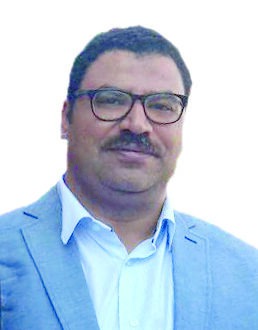A recent report by the BBC has unveiled an extraordinary achievement in the realm of archaeology: three students have been awarded a prestigious $700,000 prize for their innovative use of artificial intelligence (AI) to decipher a 2,000-year-old scroll that was charred during the eruption of Mount Vesuvius in 79 AD. This ancient text, previously unreadable due to damage sustained in the eruption, was found in the Roman town of Herculaneum, alongside the ruins of Pompeii. Believed to have belonged to Julius Caesar’s father-in-law, the scroll contains insights into ancient Greek philosophy, shedding light on topics such as music and food. Experts hail this breakthrough as a pivotal moment in the study of Greek philosophy.
The success of these three students, who were not archaeologists but rather technology enthusiasts, highlights the transformative potential of AI in archaeology. Beyond being a gateway to the future, AI serves as a portal to the past, offering invaluable assistance to archaeologists in uncovering and interpreting ancient mysteries. Using AI technologies such as machine learning and computer vision, researchers can process, analyse, and interpret archaeological data with unprecedented speed and accuracy. From digitally documenting and preserving artifacts to swiftly identifying and categorising objects, AI streamlines archaeological workflows and enhances our understanding of the past.
Moreover, AI empowers archaeologists to explore vast landscapes and uncover hidden structures through remote sensing technologies and satellite imagery. By analysing environmental data and geological features, AI algorithms can pinpoint potential archaeological sites that may otherwise go unnoticed. Additionally, AI-driven natural language processing aids in deciphering ancient scripts and inscriptions, unlocking the secrets of ancient civilisations.
However, the integration of AI into archaeology also raises important ethical considerations. Questions surrounding cultural heritage preservation, intellectual property rights, and cultural ownership must be addressed to ensure the respectful representation and conservation of archaeological artifacts and sites. Furthermore, interdisciplinary collaboration between AI developers, archaeologists, sociologists, and philosophers is essential for harnessing the full potential of AI in archaeological research. By navigating these ethical complexities and fostering collaboration across disciplines, archaeologists can leverage AI to uncover hidden treasures and preserve the rich tapestry of our ancient past for future generations. As AI continues to evolve, the synergy between technology and archaeology promises a future where the stories of ancient civilisations may finally be revealed.






Discussion about this post